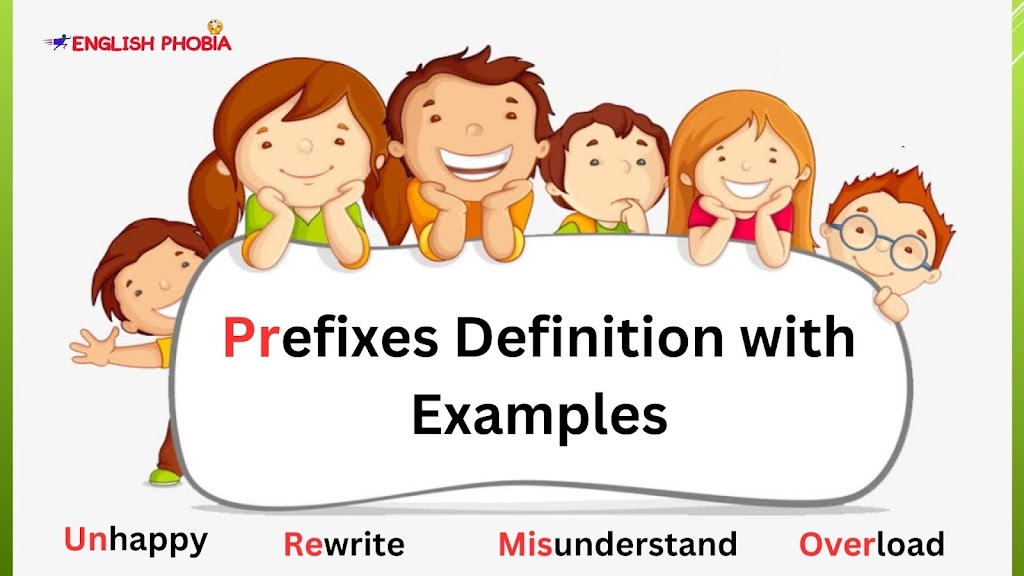You may often hear or use some words such as wow, hurrah, ops, alas, etc. Do we even know what these words are?
1. what is the meaning of “Roll up your sleeves”?.
Are you fed up with reading boring articles about English grammar? Now roll up your sleeves, because we’re going to dive into the interjection definition and examples!
In this article, you will learn everything about interjections. You will learn from their definition, meaning, and examples being used in various types of sentences. So let’s start without further delay!
Understanding the Interjection Meaning
The interjection meaning varies and depends on the speaker’s tone.
For example,
The interjection “wow” can express surprise, excitement, or even disappointment. It depends on how the speaker has used it.
Interjections can also clear the overall meaning of a sentence. It provides more clarity and depth to the speaker’s message. They can help clarify the speaker’s emotions more effectively. These can make the conversation or writing more engaging.
What is the Interjection Definition?
An interjection is a type of word that expresses strong emotions or sudden feelings. It is a standalone word. It never needs other words such as a noun, verb, adjective, or verb from the grammar category to stand in a sentence.
Notwithstanding, interjections are able to stand on their own. They convey the speaker’s emotions and feelings.
Here are some interjections examples used in sentences:
1) Wow that is amazing!
2) Ouch, that hurt!
3) Hey, can Kundan please talk to me for a minute?
4) Yay, I got the job!
5) Oh my god, I can’t believe it!
Interjections are often used to express excitement, surprise, joy, anger, frustration, or any other emotion that a speaker is feeling. They can be used in various contexts, such as in conversations, writing, or even in movies and TV shows.
Interjection Examples
These are some common interjections and their meanings are commonly used.
1) Aha: expressing realization or discovery
2) Oh: expressing surprise or realization
3) Ouch: expressing pain or discomfort
4) Yay: expressing joy or excitement
5) Boo: expressing disapproval or disappointment
6) Eww: expressing disgust or aversion
As you can see, interjections come in various forms and can express a wide range of emotions. They can be used in different ways to convey different meanings, depending on the situation and context.
What are Types of Interjection?
While interjections are standalone words that don’t fit into any grammatical category, they can be divided into various types based on their function and meaning.
These are common types of interjections as follows.
Expressive Interjections
These are interjections that we use to express emotions or feelings, such as surprise, joy, anger, or frustration. Expressive interjections can convey a speaker’s attitude and mood. It adds more depth and emotion to the conversation or writing.
Greetings and Salutations
These are interjections that we use to greet or acknowledge someone, such as “hello” or “hi.” We use them to say goodbye, such as “bye” or “see you later.”
Attention-Getting Interjections
We use these interjections to get someone’s attention or to interrupt someone, such as “hey” or “excuse me.” We use them in various contexts, such as in a classroom or a meeting.
Exclamatory Interjections
We use these interjections to express strong emotions or reactions, such as “Wow” or “Oh my god.” We use them to express surprise, excitement, or even disappointment.
Interjections of Agreement
We use these interjections to show agreement or affirmation, such as “yes” or “okay.” We use them in various contexts, such as in a conversation or a debate.
Interjection Definition and Examples
In summary, an interjection is a standalone word that expresses strong emotions or sudden feelings. It’s a type of word that doesn’t fit into any traditional grammatical category, but it can enhance the overall meaning and impact of a sentence or conversation. As you can see, interjections can be used in various ways and can add more flavor and emotion to the conversation or writing.
Interjection Examples Sentences
To wrap up, here are some more examples of interjections used in sentences:
1) Aha, I finally understand!
2) Boo, that was a terrible movie!
3) Eww, that smells disgusting!
4) Hello, how are you doing today?
5) Yikes, that was a close call!
Conclusion
I hope that you may have understood the interjection definition and examples. Interjections are an important part of understanding context is important for international students. These can express strong emotions and feelings. We can use them in various contexts and can add more depth and engagement to the conversation or writing.
Therefore, don’t be afraid of using interjections in your daily communication and writing to express your emotions and spice up your messages!







